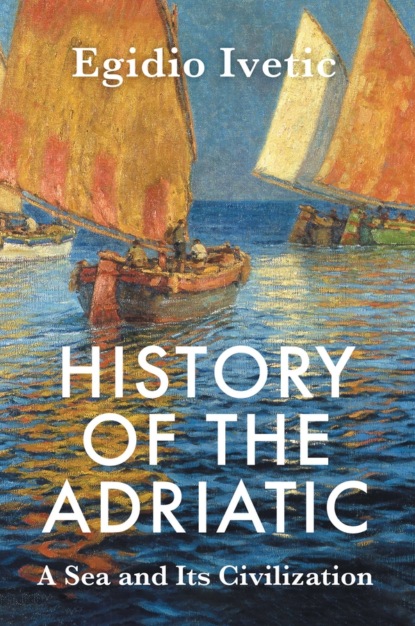id="u72cf6b77-e6cf-502b-8b77-3a1485122934">
Table of Contents
1 Cover
5 Introduction: The Historical Sense of a Sea Notes
6 1 A Minimal Mediterranean The maritime territory A system of regions The Adriatic world Notes
7 2 The Upper Sea (1000 bc–500 ad) Origins Adriatic peoples Greeks and Romans Mare Superum Aquileia, Pula, Salona, Brindisi and Rimini Notes
8 3 The Third Antiquity (500–1000) Byzantium West and East The Slavs Venetiae The rebirth of a system Ravenna and Zadar Notes
9 4 The Carrier Sea (1000–1500) Towards the East Communes The Gulf of Venice Potentates and signorie The Kingdom of Naples Ships, trades and connections Venice and the Adriatic Notes
10 5 The Antemural (1500–1797) The equilibrium of the limes Venice as a civilization The Ottoman Adriatic The Habsburg Adriatic Papal coasts Neapolitan shores The Adriatic ancien régime Ragusa and Ancona Notes
11 6 Imperial Borders, National Frontiers (1797–1914) The new epoch From the Restoration to 1848 Italy and Austria–Hungary The lingering Orient Maritime modernity The national question The Adriatic question Trieste, Rijeka and Bari Notes
12 7 Contrasts and Integrations (1914–2018) The cautious war A hard-fought peace The difficult coast From empire to revolution A European border The late twentieth century The European Union A common cultural space Notes
13 Appendix: Place Names According to Language
15 Index
16
